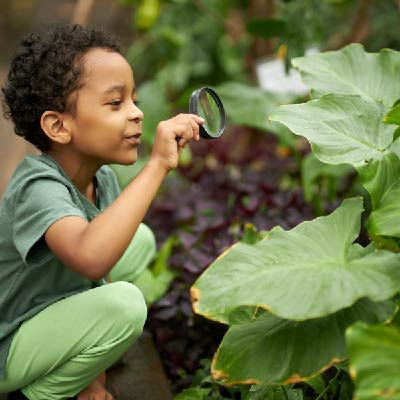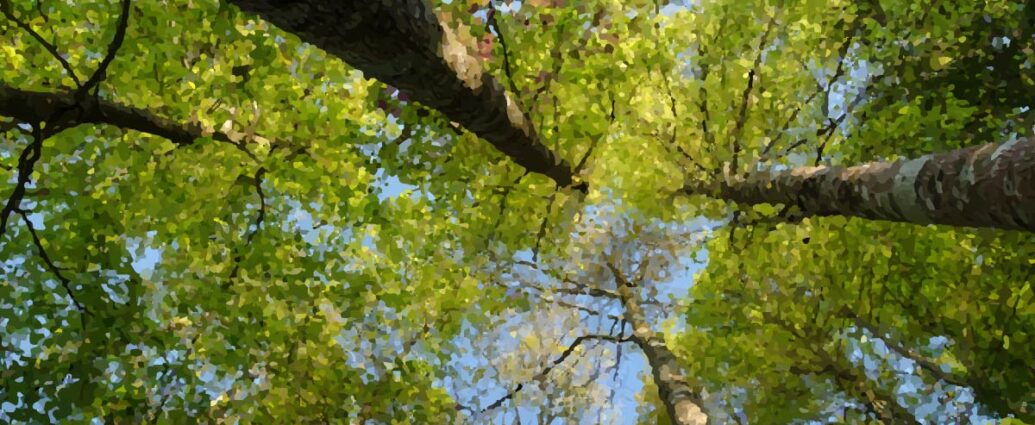How Rand Atkinson hopes to inspire an environmental Revolt
 It can be hard to think about water at this time of the year. The air is dry and cold. The trees, grass, and plants have withered into brittle husks. And yet, we are still surrounded by water, piled up in drafts and banks of frozen crystal. In that same way, it can be hard to think about the natural world around us. Electronic devices and the internet make entertainment and knowledge so ridiculously convenient; it can easily draw our attention away from a world that we are still very much a part of.
It can be hard to think about water at this time of the year. The air is dry and cold. The trees, grass, and plants have withered into brittle husks. And yet, we are still surrounded by water, piled up in drafts and banks of frozen crystal. In that same way, it can be hard to think about the natural world around us. Electronic devices and the internet make entertainment and knowledge so ridiculously convenient; it can easily draw our attention away from a world that we are still very much a part of.
For biologist, author, and educator, Rand Atkinson, he finds himself incapable of not focusing on the land we all draw life from. At a time when most of America is working over Zoom, Atkinson prefers to zoom on his bike and savor the simple tranquility of his cabin in the Northern woods of Wisconsin. He’s seen a troubling slip in perspective over the past few decades. It inspired him to write Revolt, a collection of essays that detail humanity’s relationship with nature, how it has becoming increasingly out-of-balance, and simple things that the common person can do in their everyday life to “get back in step,” a phrase coined by the celebrated conservationist, Aldo Leopold.
Indeed, it is getting back to nature that Atkinson believes is key. Laws meant to protect the land can only do so much. Atkinson states that we can’t simply sit back and rely on the government–each person’s choices matter. In their own health, that of their community, legacy, and the world.
This puts the impetus on humans to practice sound land ethics and be good stewards of the land we are part of, both globally and locally. Ethics are foundational to this paradigm shift in attitude that is needed for humankind to reimagine their relationship with mother earth. “The land was and still is treated like a crop, and that is shortsighted at best” Atkinson remarks. How can we hope to undo the damage that we’ve done if we continue to look at the world around us as a resource to be used, a commodity?
Rethinking our relationship with nature is a nice exercise in philosophy, but action is needed to truly bring about change. In Atkinson’s book, Revolt, he emphasizes that it is through individual effort in the everyday instances that a fundamental difference can be made. Are we willing to trim back our standard of living before we are forced to by the increasingly dire state of the natural world? Perhaps the better question is to actually understand what the standard of living we have aspired to is doing to us.
Atkinson graduated from UW-Platteville with a bachelor’s degree in zoology with fisheries emphasis. Although he has spent a great deal of his career working with aquaculture and sustainable food practice, he feels that the key to initiating a new wave of environmental consciousness is through education. As an undergrad, it was one of Atkinson’s professors who convinced him to switch from pre-med to field biologist, and he never looked back. In fact, he spent time as a lecturer at his alma mater, conveying the same teachings that his professors had given to him.
It’s this mentorship and passing of knowledge that Atkinson believes is critical to igniting the next generation’s passion for preserving the planet. A proud tradition of conservational thought that was built in Wisconsin by Leopold has been passed from his students to his student’s students, and so on.
Rand Atkinson aims to educate with his book, Revolt. It’s a collection of 77 essays, covering a range of different topics, and inspired by Aldo Leopold’s Sand County Almanac. The first portion of the book focuses on the seasons in Wisconsin, and the many different natural phenomena that one may encounter. The second portion looks at how we as humans have gotten away from our roots and living in tune with the land. The third and final portion focuses on simple and achievable actions that we can make as individuals to do our small, yet integral part in reversing the damage done to our planet. By turning a new page, he hopes that we can turn over a new leaf and get back in step with the land to which we belong.
–Jonathon Howe

